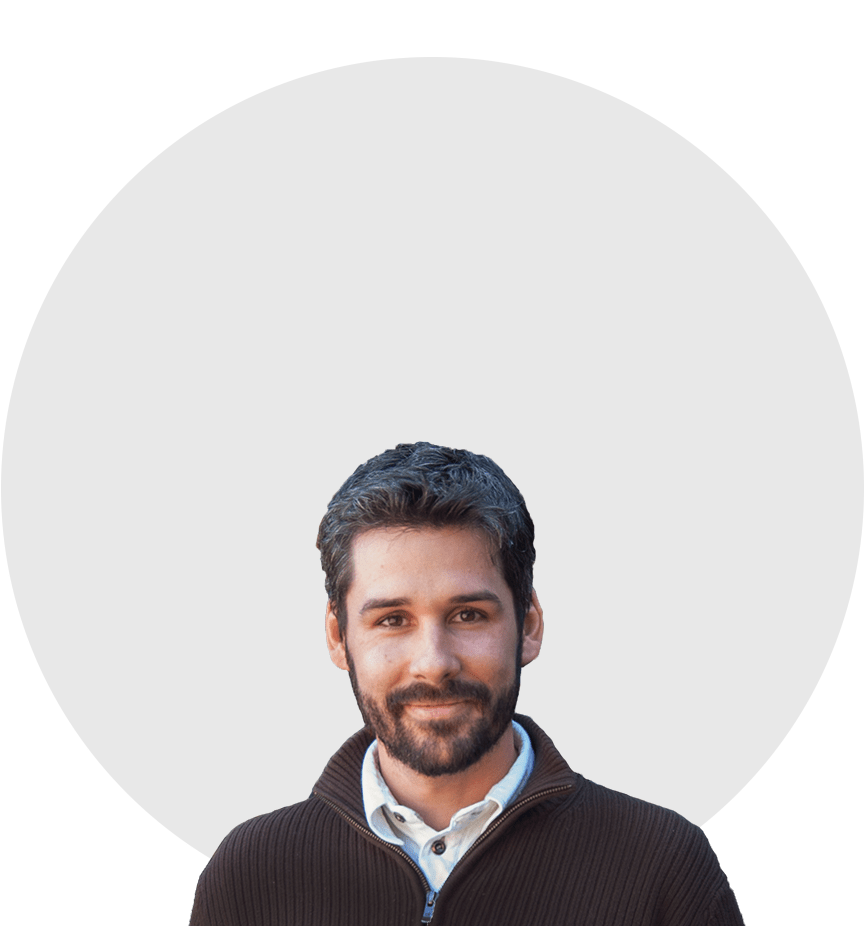
World News
Find out what’s happening in Science & Society around the world. Discover changes to science policy and law, new scientific study results, Supreme Court rulings, debates about nature versus nurture, and news about the sharing of genetic information.
Sat, Mar 15
The Future of Brain Implants
What would you give for a retinal chip that let you see in the dark or for a next-generation cochlear implant that let you hear any conversation in a noisy restaurant, no matter how loud? Or for a memory chip, wired directly into your brain’s hippocampus, that gave you perfect recall of everything you read? Or for an implanted interface with the Internet that automatically translated a clearly articulated silent thought (“the French sun king”) into an online search that digested the relevant Wikipedia page and projected a summary directly into your brain? Science fiction? Perhaps not for very much longer. Brain implants today are where laser eye surgery was several decades ago. They are not risk-free and make sense only for a narrowly defined set of patients—but they are a sign of things to come. Read more.
Sat, Mar 15
Growing Evidence That Autism Is Linked to Pollution
A new study offers strong evidence that environmental toxins play a role in the disorder. The report looked at birth defects associated with parental exposure to pollution and found a 1% increase in the defects corresponded to a 283% increase in autism. Several studies have shown a link between air pollution and autism, but a new study published in the journal PLOS Computational Biology is one of the largest to put the two together. Read more.
Sat, Mar 15
Genome sequencing stumbles towards the clinic
Sequencing a person’s entire genome can reveal potentially life-saving information about the presence of mutations associated with diseases. But there are drawbacks — a study published this week finds that current sequencing technology does not always capture the complete genome, and illustrates the challenges of interpreting what the results mean for an individual patient1. “There are many steps that have to be worked out to ensure that we gain the most health-care benefit,” says William Feero, a physician at the Maine Dartmouth Family Medicine Residency in Fairfield, Maine, who was not involved in the study. Read more.
Sat, Mar 15
Storm brewing over WHO sugar proposal
Scientists are gearing up for a battle with the food industry after the World Health Organization (WHO) moved to halve its recommendation on sugar intake. Nutrition researchers fear a backlash similar to that seen in 2003, when the WHO released its current guidelines stating that no more than 10% of an adult’s daily calories should come from ‘free’ sugars. That covers those added to food, as well as natural sugars in honey, syrups and fruit juice. In 2003, the US Sugar Association, a powerful food-industry lobby group based in Washington DC, pressed the US government to withdraw funding for the WHO if the organization did not modify its recommendations. The WHO did not back down, and has now mooted cutting the level to 5%. Read more.
Sat, Mar 15
NIH rethinks psychiatry trials
Thomas Insel, the director of the US National Institute of Mental Health (NIMH), has had enough of shooting in the dark. He thinks that if a clinical trial of a psychiatric therapy fails, scientists should at least learn something about the brain along the way. Now Insel is translating that belief into action: the NIMH, based in Bethesda, Maryland, has decided to stop funding clinical trials that aim merely to ease patients’ symptoms. Read more.

